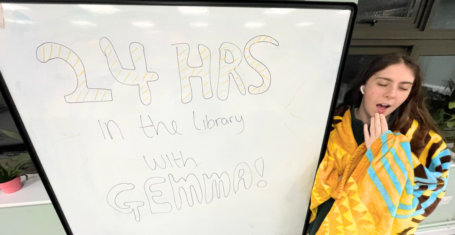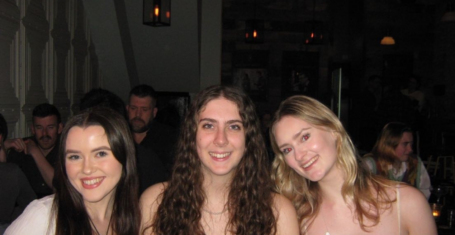
It’s time to stop making fun of Geography degrees
We do a lot more than just colouring in
There is no denying Geography students get teased about their degree. Every time we moan about our workload or complain about a difficult piece of coursework, it tends to be met with an eye roll.
Geographers wouldn’t argue that their degree is harder than anyone else’s, nor that we spend every living moment in the library. However, most of the stereotypes about our degree are unfounded, so it’s time we clear up all these misconceptions about Geography.
Do you think we’d really pay £9, 000 a year to be taught how to stay within the lines?!
“You must be really good at colouring in”
Most geography students don’t even know what has caused this stereotype. I cannot speak for everyone but in my 9 years of taking Geography courses I have only used colouring pencils twice.
Apart from the occasional need for us to draw a diagram, there are not many situations which comes to mind that require colouring pencils, especially at a degree level. The majority of geography students don’t even own colouring pencils, because, let’s be honest, there are way better things to spend our money on, like Dominoes.
We know every capital city
You are at a pub quiz, when a question comes up about a capital city. Who does everyone turn to? It’s the Geography student. In reality, there is really no part of a Geography degree that teaches us about capital cites or the name and location of every country. So, next time you’re unsure about the capital of Australia, don’t rely on a Geography student to help you.
“Geography must be so easy”
While we don’t claim to spend our whole life in lectures, most people are shocked about how much our degree actually involves. We have the usual six to eight exams a year, just like other subjects. We have to hand in an in-depth dissertation plan by the end of 2nd year, while many other students don’t even think about theirs until 3rd year. And, with at least two or three large pieces of coursework set for each holiday, we don’t always get a real break. We’re not claiming it’s back breaking, but it’s not easy either.
We don’t have a broad range of skills
Most geography degrees have an array of modules which incorporate material from disciplines ranging from physics and chemistry to economics and politics. Geography focuses on different systems and processes within the world and analyses how both humans and the environment are affected by these processes. Geography students can specialise in either human or physical geography, meaning that our degree can include information from sociology, economics or health studies right through to ecology, meteorology or natural hazards. Furthermore, we learn a variety of research methods and skills that can be used in a number of career paths. It isn’t likely that we are going to end up as doctors or engineers but we still have a broader range of skills than you may think.
“Isn’t geography really boring?”
Many of the most exciting experiences during our time at university come directly from our degree. Rather than sitting in a lecture theatre every day, we can learn about it first hand; sometimes all around the world. Recent trips offered on my degree included New York, Brazil, California, Iceland and Berlin. In travelling to these places we are able to see the systems, processes and cultures we have been learning about.
No one is here to claim that Geography requires more work or is better than any subject.
However, contrary to popular belief we do gain a broad range of skills, we don’t own colouring pencils, we do work hard and we don’t know the name of every capital city; although, if you were wondering, Canberra is the capital of Australia.









































